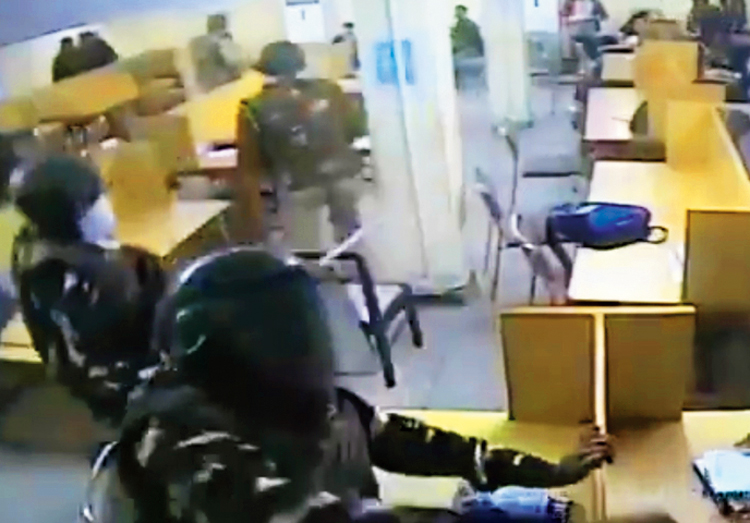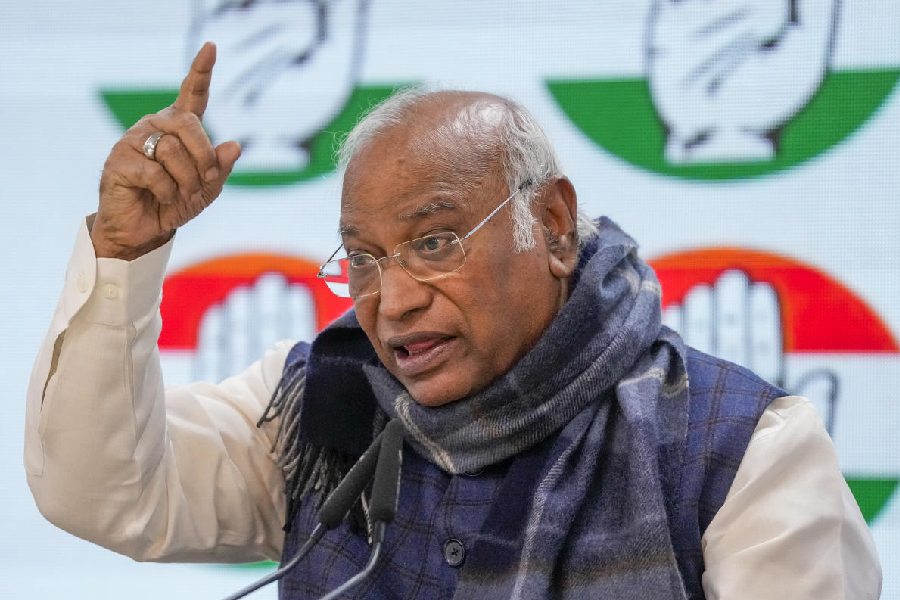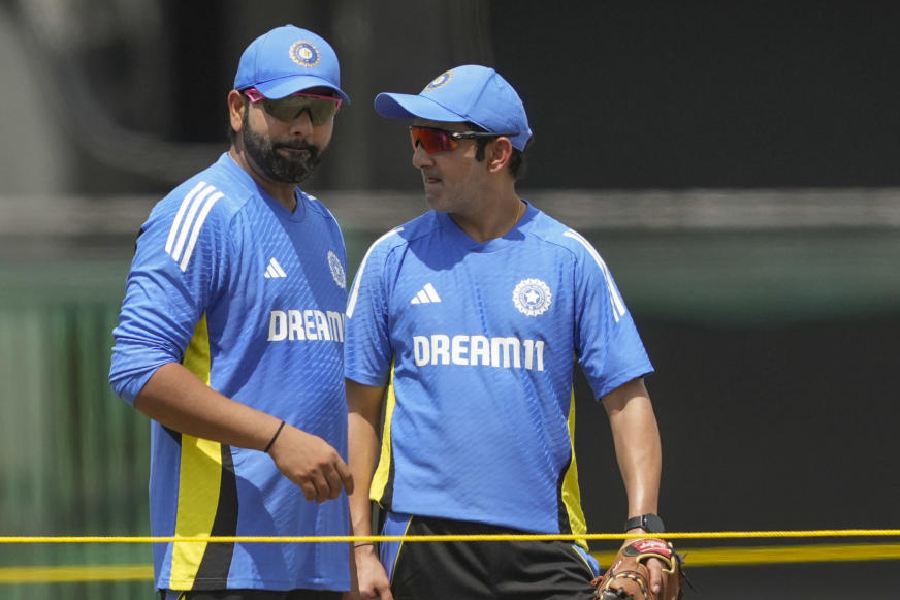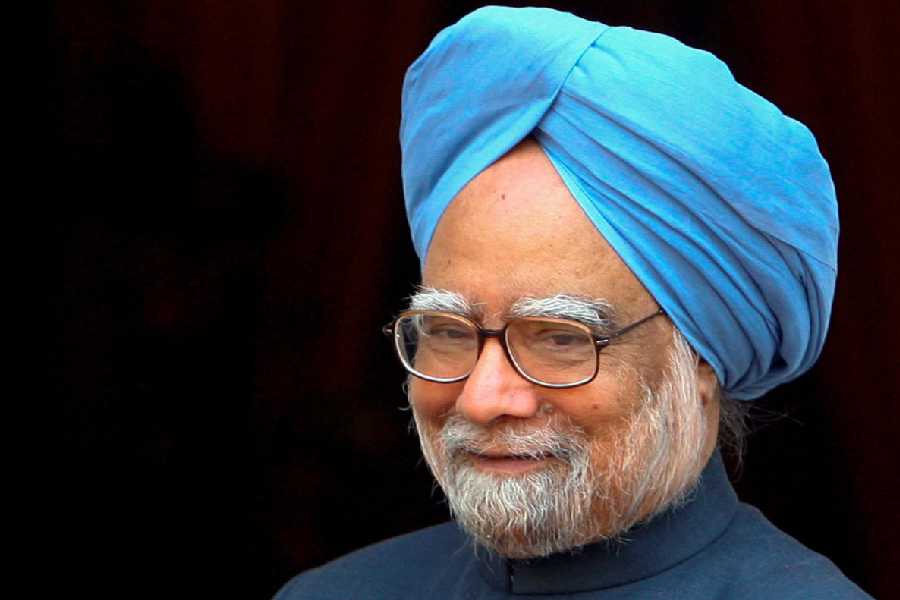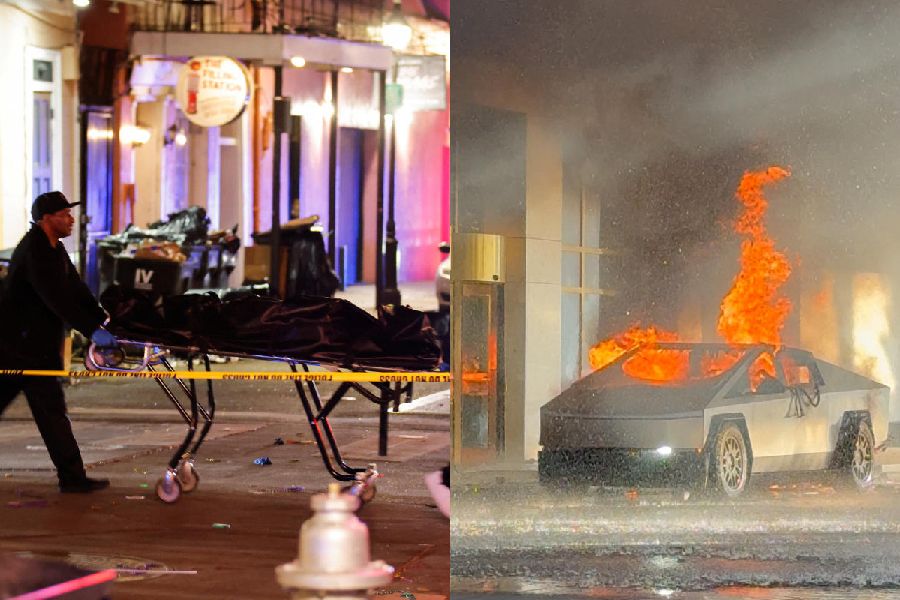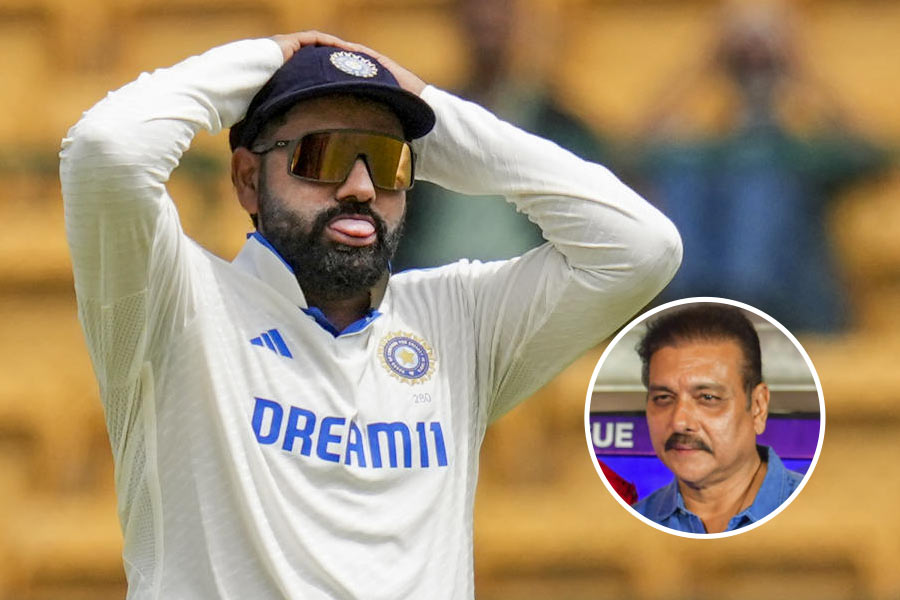Delhi police have formally made self-effacing confessions in the first chargesheet on the vandalism that preceded the brutal raid on the Jamia Millia Islamia campus on December 15.
- The police’s objective in storming the Jamia campus and beating up youngsters was to “safeguard the students”.
- The students suffered injuries not because the police swung fibreglass lathis with all their might but because of a stampede and stone-pelting.
The first chargesheet, filed by the police last week in a court, says: “In order to safeguard students and to identify the violent protesters and to keep them out of the campus tear gas shells and moderate force was used to disperse and push back this assembly (sic).”
The chargesheet adds: “Small component of police force also had entered into the campus and managed to vacate the campus off the unruly mob. During stone pelting and stampede, some students sustained injuries who were immediately sent to hospital for medical aid.”
The preceding paragraphs in the chargesheet say “different groups entered the campus and started pelting stones on the police force from three sides. The police kept on warning the protesters to disperse peacefully but they were adamant and kept on pelting stones from inside the campus. The same is visible on CCTV and media photos.”
One of the two FIRs filed in the case had also hinted at the noble intention of the police force but it was not as explicit as in the chargesheet. “The rioting mob was repeatedly warned that stone-pelting endangers the life and property of students inside and all demonstrators should vacate the campus peacefully,” the FIR had said.
The first chargesheet suggests that the police have failed so far to find actionable evidence against any Jamia student.
“Their role in the present case is being ascertained and further necessary action will be taken,” says the chargesheet, referring to three Jamia students who were named in one of the two FIRs but have not been arrested so far.
The statement suggests that although nearly two months (the chargesheet was filed without the usual fanfare on February 13) had passed since the incident, the police have not been able to establish any conclusive proof against any Jamia student. Had any incriminating proof been found by now, the police would have named the three as accused in the chargesheet.
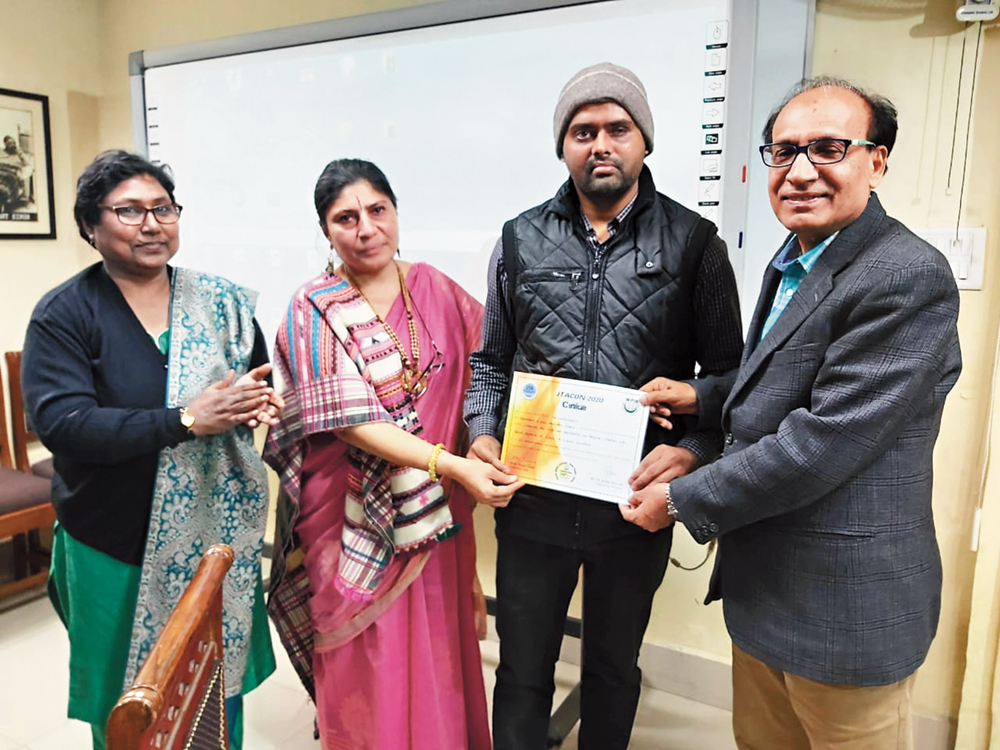
AWARD FOR THE VERY PAPER FOR WHICH MINHAJ TOOK THE BLOW: Mohammad Minhajuddin, who said his left eye was blinded by a police lathi during a raid on a Jamia Millia Islamia reading room on December 15, won an award for an academic paper on Tuesday. Incidentally, the masters student of law was working on this paper, titled “Enhancing the scopes and opportunities for religious scholars with special reference to Islam: a proposed structure”, when the raid took place. On Tuesday, he won the best paper award at the Jamia Teachers’ Association Conference 2020 and received a standing ovation at the Ansari Auditorium Reporting by Pheroze L. Vincent, Picture credit: Jamia Teachers’ Association
The police said a supplementary chargesheet would be filed but failure to come up with some proof even after 60 days stirs searing questions: why did the police storm the campus and why did they mercilessly rain blows on unarmed youngsters seated in a reading room?
“Further investigation is proceeding. The role of the leaders, including student leaders who instigated, is being established. Supplementary chargesheet will be filed,” the chargesheet says.
The chargesheet names 18 persons; 17 are said to be residents of the neighbourhood. The remaining accused is JNU scholar Sharjeel Imam, who has been described as an “instigator” on the basis of a statement by one of the accused that he was provoked by Sharjeel’s speeches. Sharjeel has already been accused of sedition in another case.
The 17 were not picked up on December 15 but in the following days — which deals another blow to the police version that they entered the campus in hot pursuit of “rioters” protesting outside against the Citizenship (Amendment) Act.
If the police did not arrest any suspected rioter on the campus, why did they barge in other than to assault those inside? This question has not been answered satisfactorily yet.
Delhi police spokesman M.S. Randhawa didn’t respond to calls and an SMS from this newspaper on Tuesday.
Off the record, a police officer said: “We are analysing the video clips to establish the exact sequence of the events leading to the incident. Once the sequence of events is established, we will identify all those involved in the violence and action as per law will be taken. By just seeing the videos being released on social media, it will not be appropriate to declare at this point of time that those present inside the Jamia campus or its library were innocent.”
The chargesheet has been filed under Indian Penal Code Sections 307 (attempt to murder), 147 (punishment for rioting), 148 (rioting, armed with a deadly weapon), 149 (unlawful assembly), 186 (obstructing public servant), 353 (assault or criminal force to deter public servant), 332 (voluntarily causing hurt to deter public servant) and 427 (mischief causing damage).
A Delhi police crime branch team on Tuesday reached the Jamia Millia Islamia campus. The team, led by deputy commissioner (crime) Rajesh Deo, visited the varsity’s library that was badly damaged during the police action. This is the first time that a police team has visited the campus for investigation after the violence.
“Members of the team analysed and videographed the extent of damage to the library and also visited the proctor’s office,” a source said.
The Jamia Millia Islamia Alumni Association on Tuesday filed a police complaint against the uniformed personnel who had entered the campus and assaulted students.
In its complaint filed with the Delhi commissioner of police and the SHO of Jamia Nagar police station, the association alleged that the policemen rained baton blows on students inside the library and used religious slurs.

